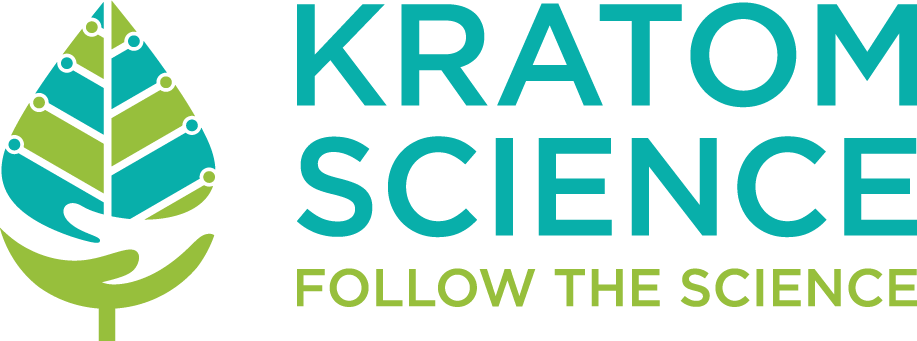The recent rise of the far-right in Europe
For a little more than twenty years now, the far-right has been conquering more and more space in practically every country of the European Union, exponentially seeking to win votes through populism by creating scapegoats to conquer portions of the population through the political-ideological creation of easy enemies instead of tracing the long road towards real solutions to the structural problems afflicting their countries.
France is a great example – if not the most notable, by contrast with its progressive past – of the growth of the European far-right. France has been seen for more than two centuries by the world not only as a cultural and intellectual pole, but its language had been considered essential for anyone who wanted to deepen their knowledge in different fields by reading the most brilliant works in their original language. The Gallic country had its image associated with the avant-garde in the most diverse social areas for a long time.
Today, France is still one of the most powerful economies on the planet, one of the pillars of the European Union alongside Germany, and possesses a generous social welfare state. However, a significant part of its population increasingly seems to accept the discourse of indignation proposed by the xenophobic, authoritarian and, until before the health crisis generated by the COVID-19 pandemic, Eurosceptic far-right.
The great and successful recent symbols of the French far-right undoubtedly are the National Front party (since 2018 renamed National Rally) and its president Marine Le Pen, who has managed to grow steadily in the last elections, with 21,43% of votes in the first round of 2017, just behind the current president Emmanuel Macron, who obtained 23,89% of votes. Polls indicate that the possibility of becoming the most voted candidate in the next election is becoming increasingly real, expanding her chances of becoming president in an eventual second round in 2022.
“France is a great example – if not the most notable, because of the contrast with its progressive past – of the growth of the European far right.”
Far-right parties historically tend to gain support in times of economic difficulties, proposing solutions that seem easy and quick to problems, which structurally often lead nowhere, but knowing how to explore the fears and beliefs of part of the population, shifting attention to other issues and social segments, which are often demonized as sources of problems that are actually partially intrinsic to the functioning of the country within the current economic model.
Policies related to drugs and narcotics are directly affected when extreme right-wing governments conquer the majority of the government base, generally composed of a parliament or congress. In general, the main result is the closing of avenues of dialogue that value scientific-intellectual opinion and the opening of space for indiscriminate and authoritarian prohibitionism, which has already proven ineffective during more than a century of drug control around the globe.
Next week we will look in more detail at the case of France and the changes in its drug policies due to the rise of the extreme right.

Europe has seen an exponential growth of the far-right in the last two decades.



